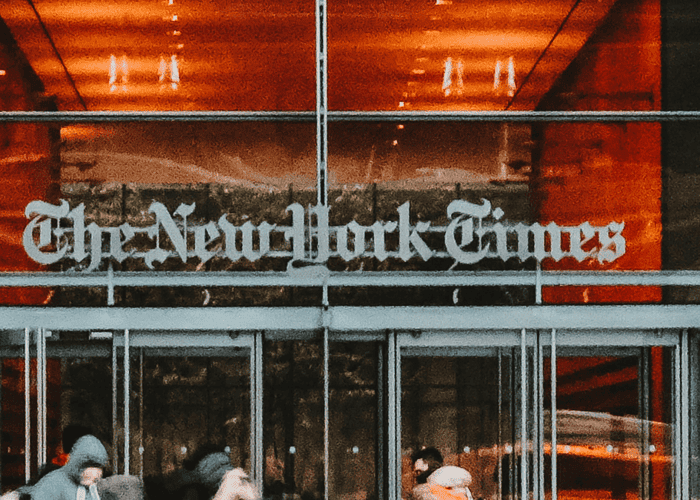OpenAI's unlawful model training costs The New York Times "billions," latest lawsuit says
NYT says that it's losing "billions" of dollars.
1 min. read
Updated on
Read our disclosure page to find out how can you help MSPoweruser sustain the editorial team Read more
Key notes
- OpenAI, the maker of ChatGPT, is sued by The New York Times over copyright infringements.
- The papers also show how ChatGPT has helped unlock NYT articles without payment.
- It also maintains that AI is negatively impacting the journalism industry.

OpenAI, the maker of AI wonder ChatGPT, is sued by The New York Times over copyright infringements.
The lawsuit alleges that the Microsoft-backed company has been “using millions of The Times’s copyrighted news articles, in-depth investigations, opinion pieces, reviews, how-to guides, and more” to train its AI model.
“Through Microsoft’s Bing Chat (recently rebranded as “Copilot”) and OpenAI’s ChatGPT, Defendants seek to free-ride on The Times’s massive investment in its journalism by using it to build substitutive products without permission or payment,” the lawsuit reads.
The papers also show how ChatGPT has helped unlock New York Times articles without payment. Paywalls are effective in ensuring that subscribers keep supporting the revenue.
Despite OpenAI’s recent collaboration with Alex Springer to use ChatGPT for generating news summaries, the lawsuit maintains that AI is negatively impacting the journalism industry. The German media company owns entities like Politico and Business Insider.
The statement also says that the New York Times is losing “billions of dollars” from Microsoft-backed OpenAI due to its “unlawful copying” of the Times’ journalists’ works. NYT also claims that Microsoft and OpenAI have not been able to resolve their differences, despite months of negotiations.









User forum
0 messages